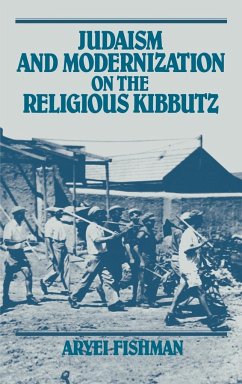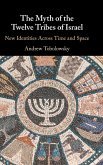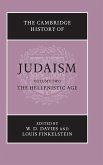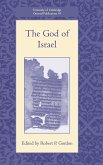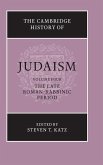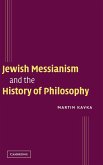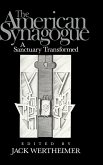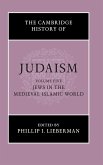This work in the field of intellectual history explores religious ideas which emerged in Jewish thought under the influence of secular ideologies, and in response to the social and cultural realities created by Jewish Emancipation, Zionism, and socialism. By concentrating on the major Jewish Orthodox movements of the nineteenth and twentieth centuries, Dr Fishman examines the innovative mechanisms of traditional Judaism that were activated by these movements, as they strove to accommodate new realities. The study focuses specifically on the Religious Kibbutz Federation in Israel, which (in the process of building its self-contained pioneering settlements) developed a religious sub-culture that incorporated the central values of Jewish nationalism and socialism. Fishman shows that - by creating the most far-reaching synthesis of modern, and traditional Jewish, culture at the community level - the settlements of the RKF may be regarded as a test case for the measure of the capacity of Judaism to adapt to modern life.
Table of contents:
Preface; Introduction; Part I: Prologue 1. Conceptual and historical background; Part II: The Leading Orthodox Modernizing Movements; 2. Torah-im-Derech-Eretz 3. Religious Zionism; Part III: The Religious Kibbutz Movement; 4. The foundations of the religious kibbutz movement; 5. Charisma and rationalization; 6. The Halakhic-Socialist collective; 7. The confrontation between halakhah and external reality; 8. Between heteronomous and authonomous authority; Afterword; Notes; Appendices; Index.
Concentrating on the major Jewish Orthodox movements of the nineteenth and twentieth centuries, Aryei Fishman focuses on the Religious Kibbutz Federation in Israel, whose settlements attained a sophisticated synthesis of modern and traditional jewish culture at the community level.Concentrating on the major Jewish Orthodox movements of the nineteenth and twentieth centuries, Aryei Fishman focuses on the Religious Kibbutz Federation in Israel, whose settlements attained a sophisticated synthesis of modern and traditional jewish culture at the community level.
This study examines the capacity of traditional Judaism to renew itself in response to the challenge of modernity.
Hinweis: Dieser Artikel kann nur an eine deutsche Lieferadresse ausgeliefert werden.
Table of contents:
Preface; Introduction; Part I: Prologue 1. Conceptual and historical background; Part II: The Leading Orthodox Modernizing Movements; 2. Torah-im-Derech-Eretz 3. Religious Zionism; Part III: The Religious Kibbutz Movement; 4. The foundations of the religious kibbutz movement; 5. Charisma and rationalization; 6. The Halakhic-Socialist collective; 7. The confrontation between halakhah and external reality; 8. Between heteronomous and authonomous authority; Afterword; Notes; Appendices; Index.
Concentrating on the major Jewish Orthodox movements of the nineteenth and twentieth centuries, Aryei Fishman focuses on the Religious Kibbutz Federation in Israel, whose settlements attained a sophisticated synthesis of modern and traditional jewish culture at the community level.Concentrating on the major Jewish Orthodox movements of the nineteenth and twentieth centuries, Aryei Fishman focuses on the Religious Kibbutz Federation in Israel, whose settlements attained a sophisticated synthesis of modern and traditional jewish culture at the community level.
This study examines the capacity of traditional Judaism to renew itself in response to the challenge of modernity.
Hinweis: Dieser Artikel kann nur an eine deutsche Lieferadresse ausgeliefert werden.

